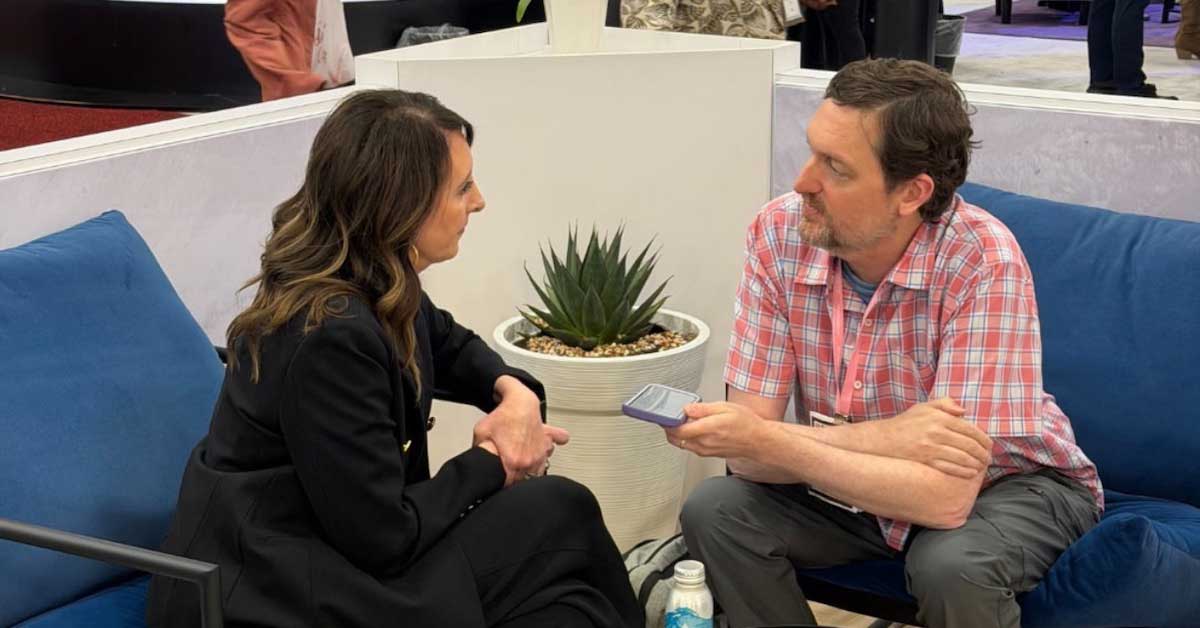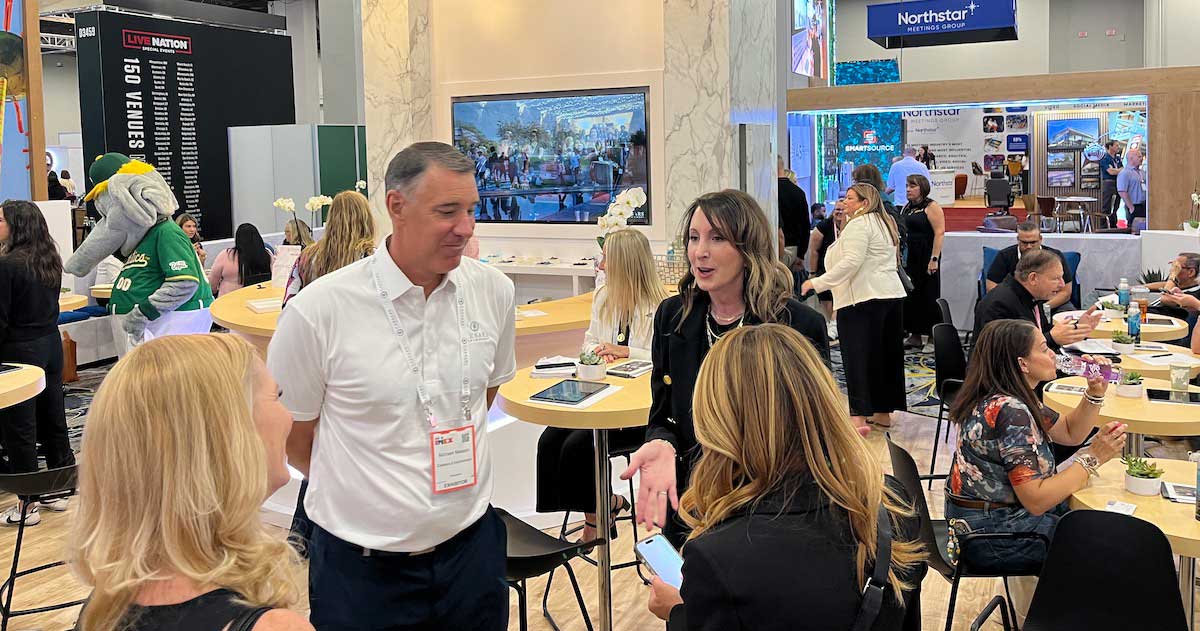Selecting the right speaker is one of the most important decisions you make for your conference. A lot of attention, time and money is invested in keynote speakers. When you find the right person, he or she will set the tone for the whole event. But what happens if there is an illness, emergency or travel snafu and your perfect speaker has to cancel at the last minute? This is a nightmare scenario for planners, and many don’t want to think about it ever happening to them. But it does happen, and the key is to not panic. There are many things you can do that will still allow you to have an amazing event that has a lasting impact on attendees.
While it is rare that a speaker will not show up—professional keynote speakers have been known to drive all night, charter planes and swallow Tylenol as if they were M&M’s to ensure they deliver their presentations—this does happen from time to time. I have known of speakers who have had travel issues (airlines, weather), been in car accidents, gotten the flu, calendared the wrong date or had a family emergency. Speakers are human, life happens and the show must go on. It is in these moments where the most professional meeting organizers shine.
A speaker cancelation is more common for groups that are not paying the presenter or use local executives for their featured programs. Those presenters who make their living speaking and see themselves as part of the meetings business are aware of their important role in the success of your event. But no matter who you have speaking, you must be prepared to make decisions on the fly to fill an empty spot in your agenda. Over the past decade I have presented to more than 600 audiences and have seen events of all sizes scramble at the last minute to fill both general session and breakout slots in their agendas. Here are four things you can do if you ever find yourself without a speaker on short notice.
1. Always have a “Plan B.”
When planning your event, create a list of speakers you have worked with in the past and keep their contact information in your event file. When you have an existing relationship with a speaker they will usually be very willing to jump in to help you if their schedule is open. Keep in mind the geography of where your event will be held and make the list accordingly based on where speakers live. When interviewing speakers to hire for your conference, ask them about their plans in case of an emergency. While you never want to get that call from your speaker saying they are too ill to speak to your audience, if they have already found a fantastic solution it will make your day much better. (Speakers who are members of the National Speakers Association can tap into this network no matter where in the world they are scheduled to speak.) A few years back I received a call from a speaker who was scheduled to present at a conference in my hometown who had a bad case of food poisoning. There was no way he could go on stage, but he remembered I lived in Austin, Texas. Since I was available the speaker had a possible solution before the organizer even knew there was an issue.
2. Look to your event agenda
A multi-day industry event will have a full docket of speakers who will already be present at your conference. Look to see whose program could be upgraded from a breakout to a keynote. If it is a breakout session you need to fill, see if the keynote speaker has additional content that can be delivered as a “booster shot” for those who might want more from his or her main stage program (some speakers will charge you for the extra presentation, but most will be happy to step in and help you out in your time of need). A friend of mine who was scheduled as the opening keynote speaker at an event was recently asked a week ahead time to stay for two days and also deliver the closing keynote because the final speaker had a family emergency. Problem solved, and they created consistency in the opening and closing bookend presentations.
3. Create an interactive expert panel
Your audience is full of brilliant people. Select two or three topical questions that are cutting-edge and involve timely issues within your industry. Enlist your master of ceremonies or a leader in your organization to be the facilitator and explain openly and honestly about how the speaker could not be there. Proclaim this to be a fantastic and unique opportunity to crowd source knowledge and best practices. Have a panel of two or three people talk about the issues and allow the attendees in the crowd to share their input. Make the audience the heroes and have a high-level, interactive discussion.
4. Make it a networking opportunity
Turn the speaker-less session into a “Networking Speed-Dating Bonanza” by encouraging people to make more contacts. A main reason people attend live events is for the networking opportunities, and most meeting organizers admit that no matter how much time they schedule for people to mingle, people often want more chances to meet others on site. Make this space in your agenda a facilitated experience to foster powerful connections. Do not be timid or overly apologetic in explaining the changes to the agenda. Leadership by the meeting organizers is paramount to success in a situation where you need to adjust your program on the fly. Confidently communicate to the attendees that the keynote speaker canceled, and be honest about the reason. Let them know that with their support and participation the meeting will still have an equal or greater impact than was planned.







